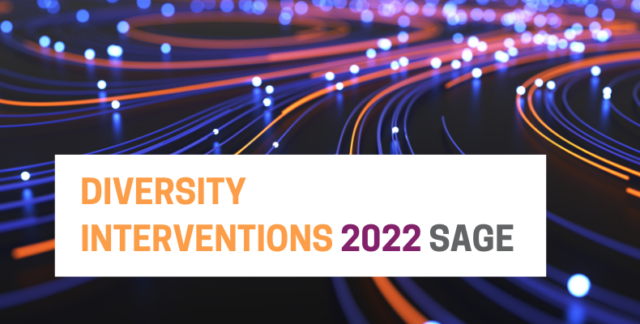As a physiology lecturer in the higher education sector, I was never expected to explore social justice issues such as racism, gender stereotypes or discrimination with the Health students who take my courses.
After undertaking active bystander training in the domestic violence landscape, I recognised the opportunity to share these skills with my undergraduate students, as they are transferable between their professional and personal lives.
In collaboration with the MATE Bystander Program at Griffith University, a series of ten 15-minute activities called MATE Bytes were developed and embedded in a first trimester, first-year human physiology course covering social justice issues in 2020. This cohort consisted of over 500 students from over 30 degrees across the Health disciplines.
An associated micro-credential was also provided for students who wanted to formalise their active bystander training. In the same year, a third-year employability course had the same social issues embedded in its curriculum with principles of inclusion and equality governing the interactions in the workshops.
The general framework is to set up a safe and brave space (Arao and Clemens, 2013) and link the issue with the curriculum. For example, in the physiology course, we discussed the issue of racism in the same week where we went through the structure and function of skin. This provided a direct link to the physiology and how some people wrongly discriminate based on a pigment deposited in the skin.
Due to the online learning environment, we allowed comments to be anonymous; however, several students chose to identify themselves to share their lived experience. Based on student feedback, we extended the time from 15 to 30 minutes in the second year of the program. For the employability course, one example we examined in-person was how the perception of professional competency is affected by gender and diversity bias.
Over the last two years, the incredible interactions that we had through these courses demonstrate that just discussing these issues has changed behaviours immediately and plants the seed for further exploration. By using safe and brave spaces, we have had students share their lived experiences that have opened minds and hearts across our diverse student population.
In 2020, 39 MATE Bytes micro-credentials were awarded, and this increased to 51 in the 2021 cohort. The extended impact of these conversations has been far reaching. Years later, students have reported back using their skills. Some have changed jobs after realising the behaviours they were subjected to were harassment or discrimination. Others have initiated conversations ranging from questioning artwork hanging in libraries that objectify and exploit subjects, to identifying biases in our language that exclude the LGBTQI+ community when talking about domestic violence. However, the most common outcome reported back is a feeling of empowerment and validation that any bystander action they take leads to a more inclusive community for all.
Reference
Arao B and Clemens K (2013) ‘From safe spaces to brave spaces’, in Landerman LM (ed) The art of effective facilitation: Reflections from social justice educators, Stylus Publishing LLC, Stirling, Virginia.
Presenter
- Fiona J. Baird, Griffith University

